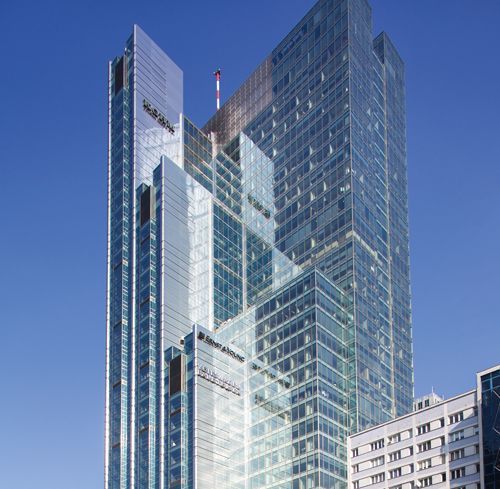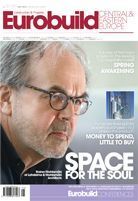According to the latest calculations of the International Real Estate Institute (IREI), in Q1 2014 funds investing on the European real estate market raised USD 10.7 bln. This is quite a substantial amount, considering that they only managed to raise USD 11.2 bln over the whole of last year. Colliers International is also reporting a large influx of investment capital. “New capital for property investment raised in Europe in March 2014 alone amounted to app. EUR 3.2 bln,” reveal the company’s analysts. And the money for property purchases is not only flowing in from the West. Investors from the Far East are becoming bolder in the region. According to a Knight Frank report, investment by Chinese businesses in real estate globally is set to double this year. Apart from the Chinese, investors from Taiwan are also looking for profits outside their domestic market and there is also a large stream of money flowing in from Korea.The increased influx of cash into the region’s property





























































